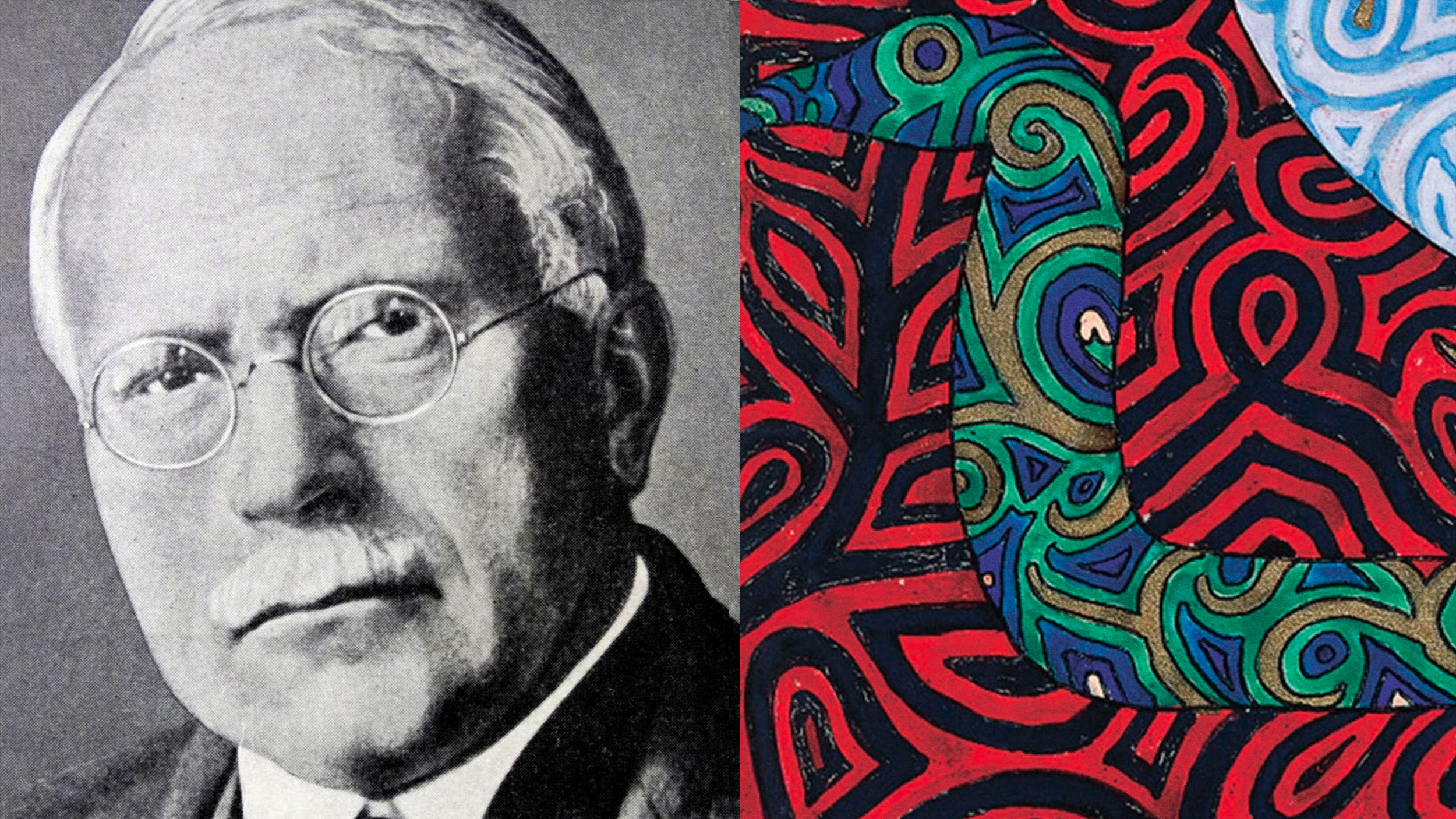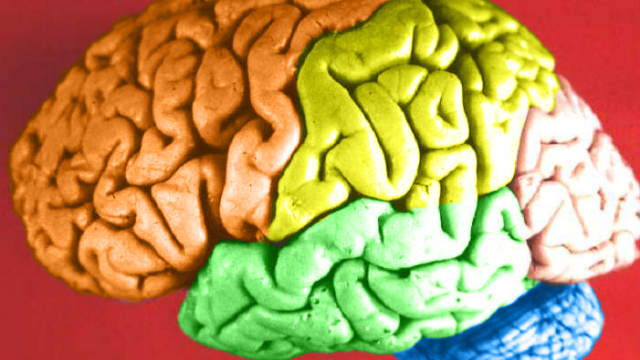What Science Knows About Dreams

What’s the Latest Development?
As technology continues to unveil the brain, the study of dreams, known as oneirology, has made some impressive gains. In a 2004 study, it was revealed that people mostly dream about the same things, such as running in place, flying, losing teeth and, of course, sex. About eight percent of all dreams are sexual, say researchers. But dreams are far from always pleasurable. In fact, negative emotion is more common than positive emotion in dreams and bad fortune more common than good fortune.
What’s the Big Idea?
While dream interpretation was perhaps popularized by psychologists like Jung and Freud, cultures have read into dreams for thousands of years. The ancient cultures of Mesopotamia in the 3rd century B.C. are known to have kept dream logs, complete with interpretations. Yet for all our interest in dreams, there remain some holes in our understanding of them. There is still no clear biological definition of the phenomenon and sleep’s deeper mechanisms remain somewhat muddled.





